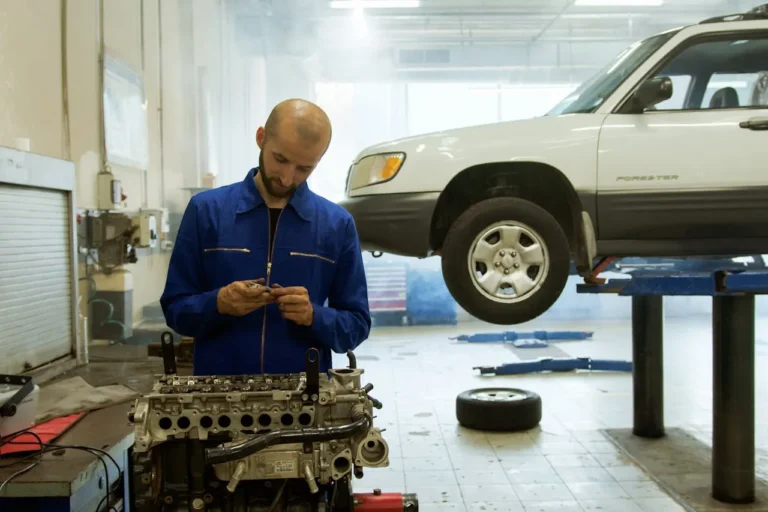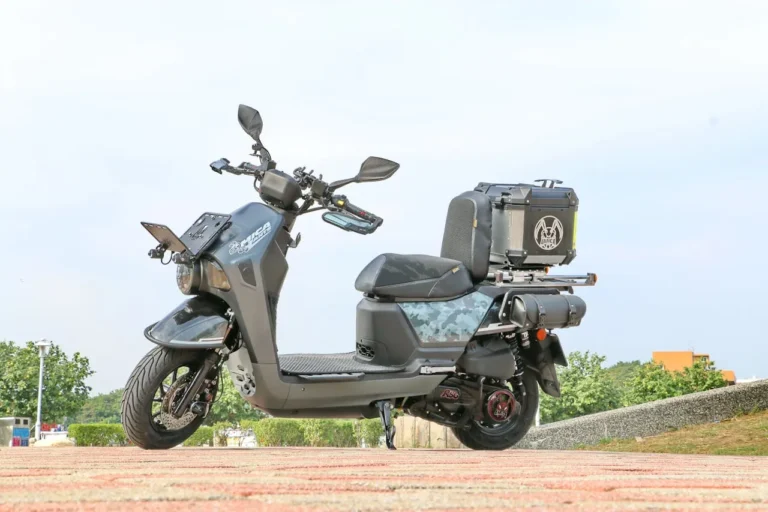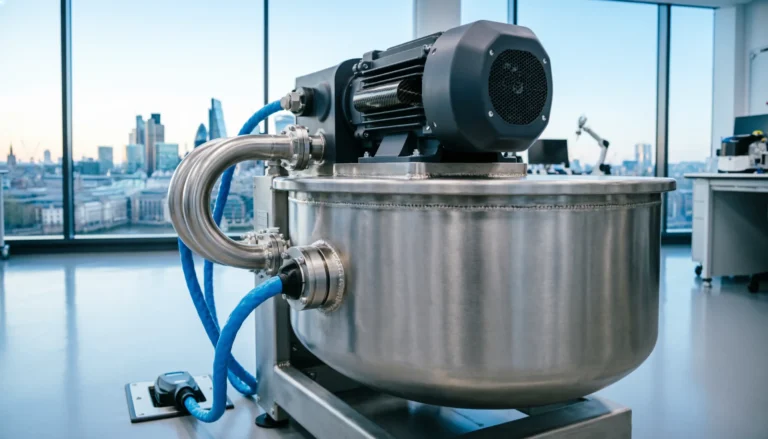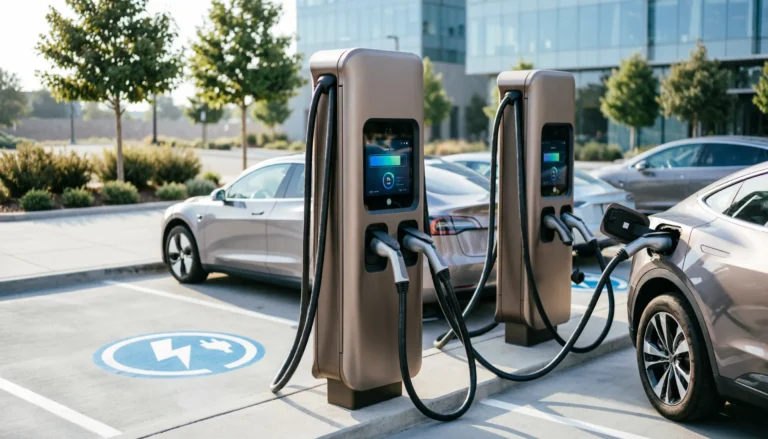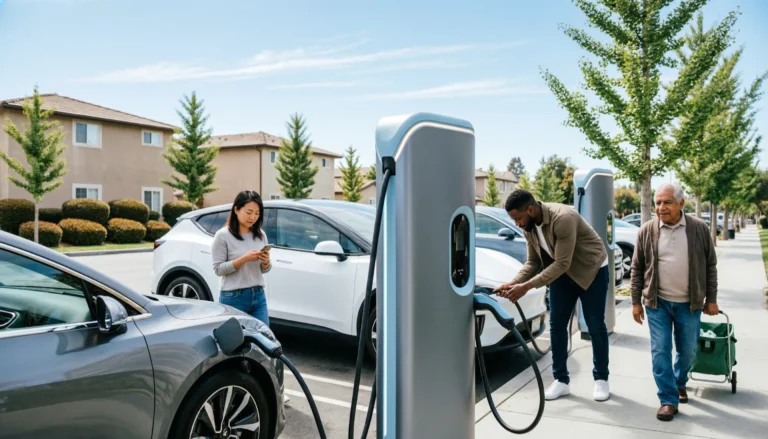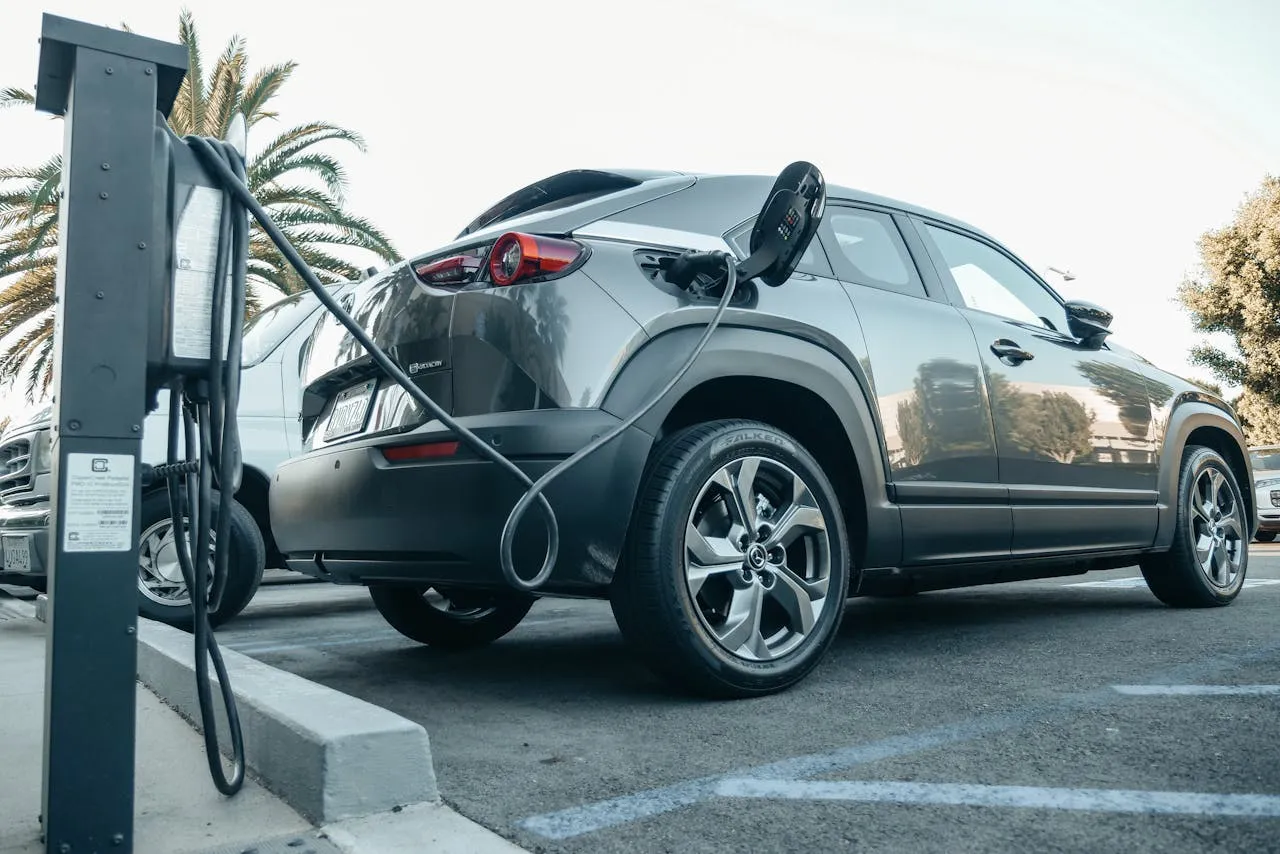
ComEd today presented a $930,000 electric vehicle (EV) rebate check to West Aurora School District 129
ComEd today presented a $930,000 electric vehicle (EV) rebate check to West Aurora School District 129, marking a major step in the district’s journey to electrify its school bus fleet and reduce transportation-related emissions. In partnership with Highland Electric Fleets and school bus manufacturer Blue Bird, West Aurora has deployed 27 electric school buses and installed 28 EV chargers to support daily student transportation. With this move, the district now operates one of the largest electric school bus fleets within ComEd’s northern Illinois service territory and stands among the largest beneficiaries of ComEd’s EV school bus rebates under its Beneficial Electrification (BE) Plan.
This investment is more than a fleet upgrade—it is part of a broader strategy to transform how students travel to and from school. Electric buses help cut greenhouse gas emissions, reduce exposure to diesel exhaust, and deliver a quieter, more comfortable ride. By pairing clean transportation with charging infrastructure, West Aurora is positioning itself as a leader in sustainable school operations and a model for other districts exploring electrification.
ComEd’s Role in Advancing Electrification
ComEd’s EV rebate programs are designed to lower the financial barriers that often stand in the way of electrification. The nearly $1 million rebate provided to West Aurora offsets a significant portion of the upfront costs associated with purchasing electric buses and installing charging infrastructure. These incentives make it easier for school districts and fleet operators to choose zero-emission options over traditional diesel vehicles.
“ComEd is proud to fund electrification projects like West Aurora School District 129’s and hundreds of others across the region, as our customers and communities take steps toward a lower carbon future,” said Gil Quiniones, President and CEO of ComEd. He emphasized that EV rebates are a key tool in reducing upfront costs and accelerating progress toward Illinois’ energy and climate goals.
Since launching its EV rebate programs in February 2024, ComEd has awarded nearly $130 million in EV funding across 354 northern Illinois ZIP codes. This support has already helped deploy more than 8,700 EV charging ports and over 2,700 fleet electric vehicles, spanning commercial, municipal, and institutional fleets. A notable feature of the program is its emphasis on equity: approximately 80 percent of rebates paid to date have gone to low-income customers or organizations that are located in, or primarily serve, low-income and Equity Investment Eligible Communities (EIECs). This structure ensures that the benefits of transportation electrification reach communities that have historically experienced higher levels of air pollution and fewer clean-energy investments.
A Healthier, Quieter Ride for Students and Communities
For West Aurora School District 129, the shift to electric school buses is both an operational and a community health decision. Electric buses eliminate tailpipe emissions, helping to reduce nitrogen oxides, particulate matter, and other pollutants associated with diesel engines. This is particularly important for children, who are more vulnerable to the effects of air pollution, especially when it occurs near schools and in neighborhoods where buses idle or queue.
The new buses also provide a noticeably quieter ride. Without the rumble and vibration of traditional diesel engines, students and drivers enjoy a more comfortable environment. This quieter operation can make bus rides calmer, reduce noise in school zones and neighborhoods, and support a more pleasant working environment for drivers.
“West Aurora is proud to lead with actions that strengthen our schools and our community,” said Dr. Angie Smith, SD129 Associate Superintendent of Operations. “From energy efficiency to transportation, these investments reduce emissions, improve air quality and create a healthier environment for students, staff and families across our district.”
The district views its fleet electrification efforts as part of a larger sustainability strategy that includes energy efficiency measures in school buildings and a focus on long-term operational savings. Over time, electric buses can reduce fuel and maintenance costs compared with diesel vehicles, creating financial benefits that can be reinvested into classrooms and student services.
Supporting Statewide Climate and Transportation Goals
ComEd’s EV rebate programs are a direct requirement of the Climate and Equitable Jobs Act (CEJA), Illinois’ landmark climate law. CEJA sets an ambitious goal: 1 million electric vehicles on Illinois roads by 2030. The law recognizes that reaching this target will require not only consumer adoption of EVs, but also widespread electrification of vehicle fleets—including school buses, public transit, delivery vehicles, and commercial and municipal fleets.
Illinois has already seen rapid growth in EV adoption. More than 150,000 electric vehicles are now registered across the state, with nearly 90 percent operating in ComEd’s service territory. This represents a dramatic increase from 2019, when there were only about 19,000 EVs registered in northern Illinois. Programs like ComEd’s rebates help maintain this momentum by reducing financial barriers and expanding charging access.
“Reaching Illinois’ goals for a cleaner transportation future depends on advancing fleet electrification plans, including school bus fleets, to reduce tailpipe emissions throughout our state,” said Megha Lakhchaura, EV Officer for the state of Illinois. She noted that West Aurora School District 129 is setting an example through its fleet electrification efforts, made possible in part by ComEd’s EV rebate program and federal Clean School Bus funding. Such initiatives are making transportation electrification more accessible for businesses, schools, and communities across northern Illinois.
Benefits for Public Health and Environmental Justice
Electrifying transportation—especially heavier vehicles like school buses—can deliver meaningful health and environmental benefits. Diesel exhaust has long been linked to respiratory and cardiovascular issues, and neighborhoods located near major roads, industrial areas, or bus depots often experience higher levels of air pollution. These same communities frequently overlap with low-income or historically marginalized areas.
By focusing significant portions of its rebate budget on low-income and Equity Investment Eligible Communities, ComEd’s program is aligned with environmental justice goals. Projects located in, or primarily serving, these communities are eligible for higher rebate amounts and will continue to receive more than half of the overall EV rebate budget through 2028.
“Reducing emissions from vehicles, especially heavy-duty vehicles like school buses, is one of the most effective steps we can take to improve air quality and public health in Illinois,” said Brian Urbaszewski, Director of Environmental Health Programs at the Respiratory Health Association. He credited ComEd’s ongoing support for transportation electrification as a key factor enabling businesses, communities, and school districts like West Aurora to meet their electrification goals and help create cleaner air for all residents.
A Model Partnership: School District, Utilities, and Clean Transportation Experts
West Aurora’s project demonstrates how collaborative partnerships can accelerate complex fleet transitions. The district worked closely with Highland Electric Fleets, which specializes in turnkey electrification solutions, and bus manufacturer Blue Bird, a pioneer in electric school bus technology. ComEd’s rebates and support, combined with federal incentives and programs like the Clean School Bus initiative, made the financial and technical aspects of the transition more manageable.
Policy and advocacy groups have also recognized the project’s significance. “The Environmental Law & Policy Center celebrates West Aurora School District 129’s launch of its new electric school bus fleet. This transition to zero-emission buses will bring healthier, quieter rides for students, their drivers and the neighborhoods these buses serve,” said Genevieve Kwan, Illinois Government Affairs Representative at the Environmental Law & Policy Center. She highlighted how the project leverages federal and utility funding along with Highland’s expertise to build what may now be the largest electric school bus fleet in northern Illinois.
Beyond the direct transportation benefits, the project also opens the door to innovative grid-supporting technologies. Many modern electric school buses are capable of vehicle-to-grid (V2G) or vehicle-to-building operations, meaning they can provide stored energy back to the grid or to facilities when they are not in active use. Since school buses are typically idle overnight and during certain midday periods, they can serve as valuable mobile energy storage resources.
“We’re thrilled to see this partnership come to life—leveraging federal and ComEd funding, and Highland Fleets’ expertise—to build what may now be the largest electric school bus fleet in northern Illinois. We’re also excited to see these buses support the grid when they’re not performing their critical job of safely transporting students, enabling the district to send power back to the grid and receive compensation for that service,” Kwan added.
Unlocking Bus-to-Grid Potential
The Bus2Grid initiative, represented in this project by founder and administrative lead Tim Farquer, underscores how electric school buses can function as both transportation assets and energy resources. Because each bus contains a substantial battery pack, a fully charged fleet can store significant amounts of energy and potentially discharge it back to the grid during peak demand periods or emergencies.
“These kids and drivers will no longer breathe in tailpipe emissions. These buses will not release tailpipe emissions throughout the community. And the partnership between the school district, Highland Electric Fleets and ComEd ensures these buses will charge at times that are most beneficial to the local grid,” said Farquer.
He pointed out that when fully charged, West Aurora’s electric buses collectively hold more than 4 megawatts of stored energy—roughly equivalent to the storage capacity of over 300 Tesla Powerwall units. That level of distributed storage could help reduce constraints on the local grid, especially during high-demand periods.
“This project reflects everything Bus2Grid stands for, and we couldn’t be more happy for our friends at West Aurora, Highland Electric Fleets and ComEd for working together to pull this off. I can’t wait to see more and more of these projects deployed around the state,” Farquer said.
Long-Term Support Through 2028 and Beyond
Looking ahead, ComEd’s EV-related rebates and programs will continue to play a central role in advancing transportation electrification across northern Illinois. The current suite of EV rebates is authorized to run through 2028 and is structured to support fleets, businesses, municipalities, and individual customers as they switch to electric vehicles and expand charging infrastructure.
To help customers navigate the transition to EVs and maximize the benefits, ComEd offers a variety of tools and programs, including:
- ComEd EV Toolkit – An online resource to help customers understand EV options, charging needs, and potential cost savings.
- EV Ambassador Program – A platform that connects customers with EV owners and experts who can share real-world experiences and insights.
- EV Readiness Program – Support for communities and organizations planning for EV adoption, infrastructure needs, and local policy considerations.
- EV Load Capacity Map – A planning tool that shows where the grid has capacity to support additional EV charging, helping fleets and developers choose optimal sites.
- Fleet Electrification Assessments – Customized analyses for fleet operators to evaluate routes, vehicle needs, charging strategies, and total cost of ownership.
- EV Service Provider Network and EV Dealership Network – Partnerships designed to connect customers with qualified service providers and dealerships experienced in EV solutions.
For West Aurora School District 129, the nearly $1 million rebate and the deployment of 27 electric school buses and 28 chargers represent the beginning of a long-term transformation. With cleaner air, quieter rides, and cutting-edge energy technology, the district is demonstrating how public schools can lead in building a healthier, more sustainable future—one route at a time.
Source Link:https://www.businesswire.com/


